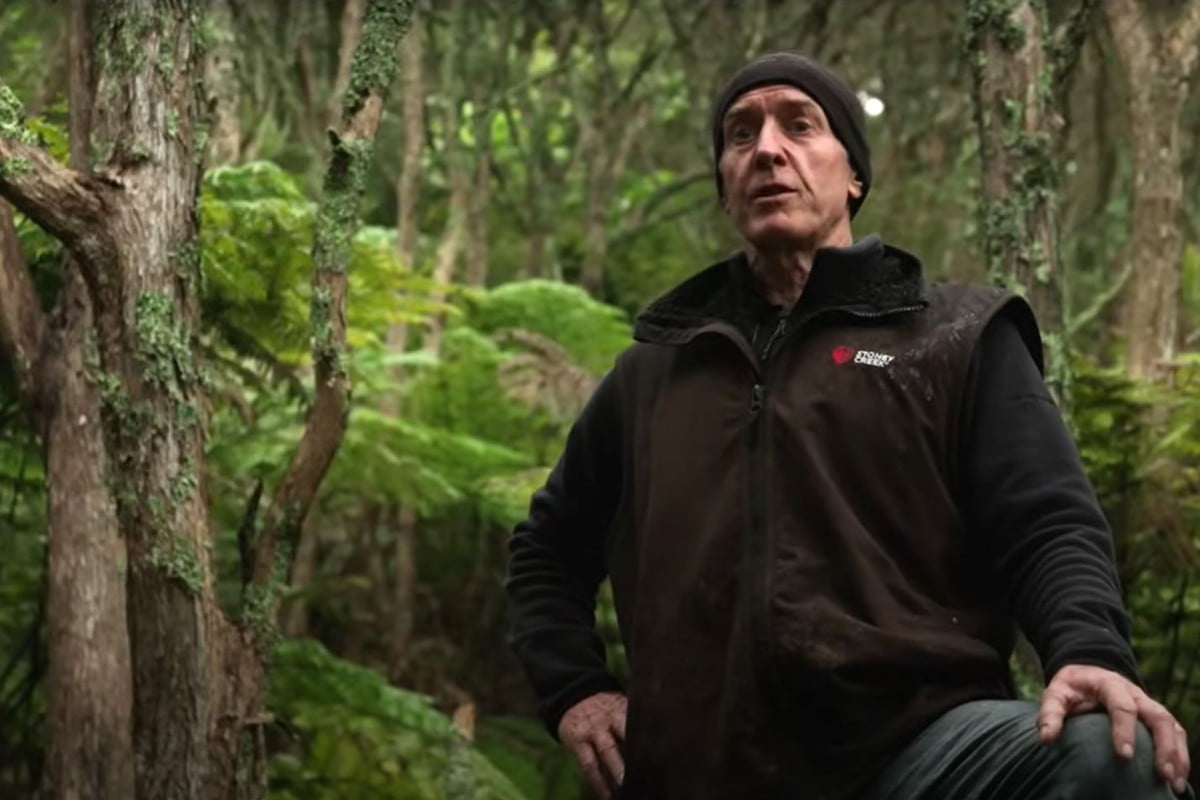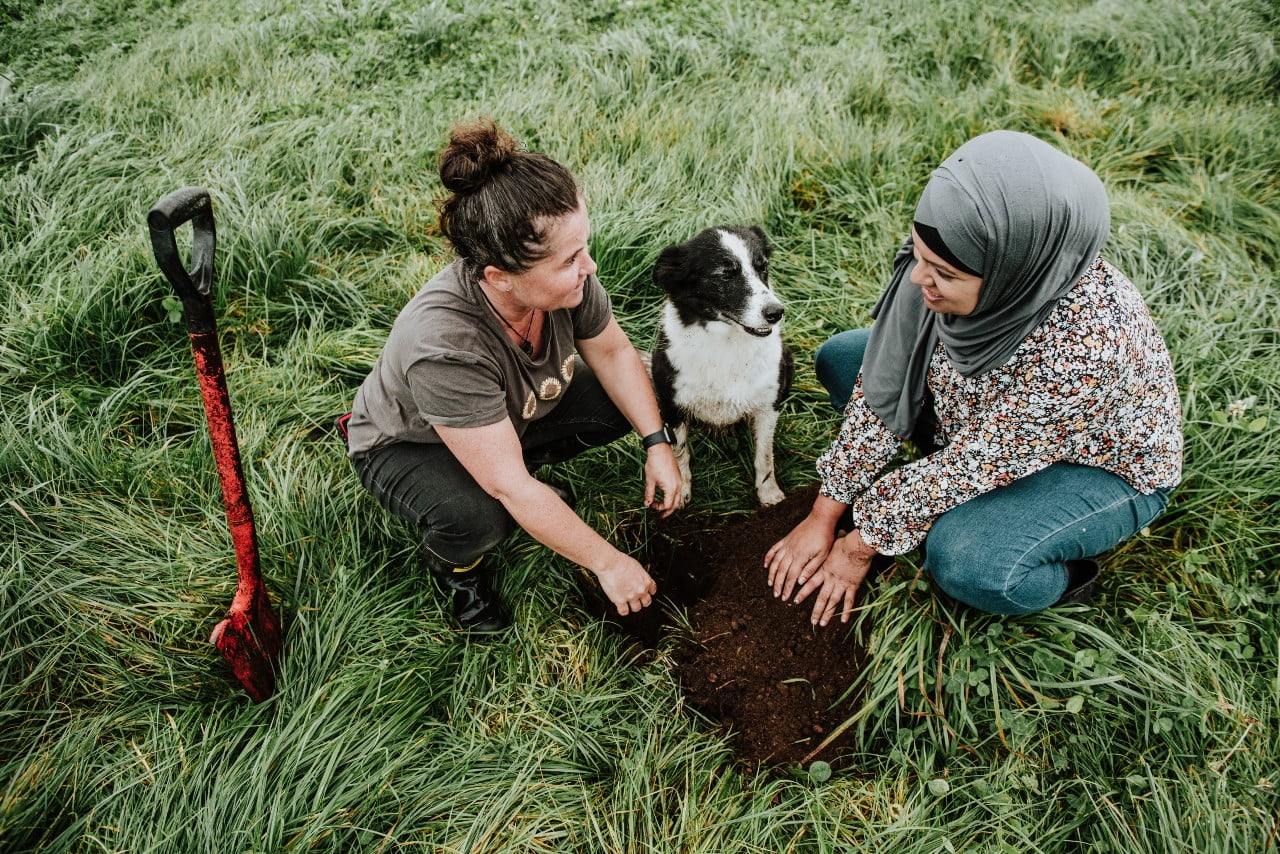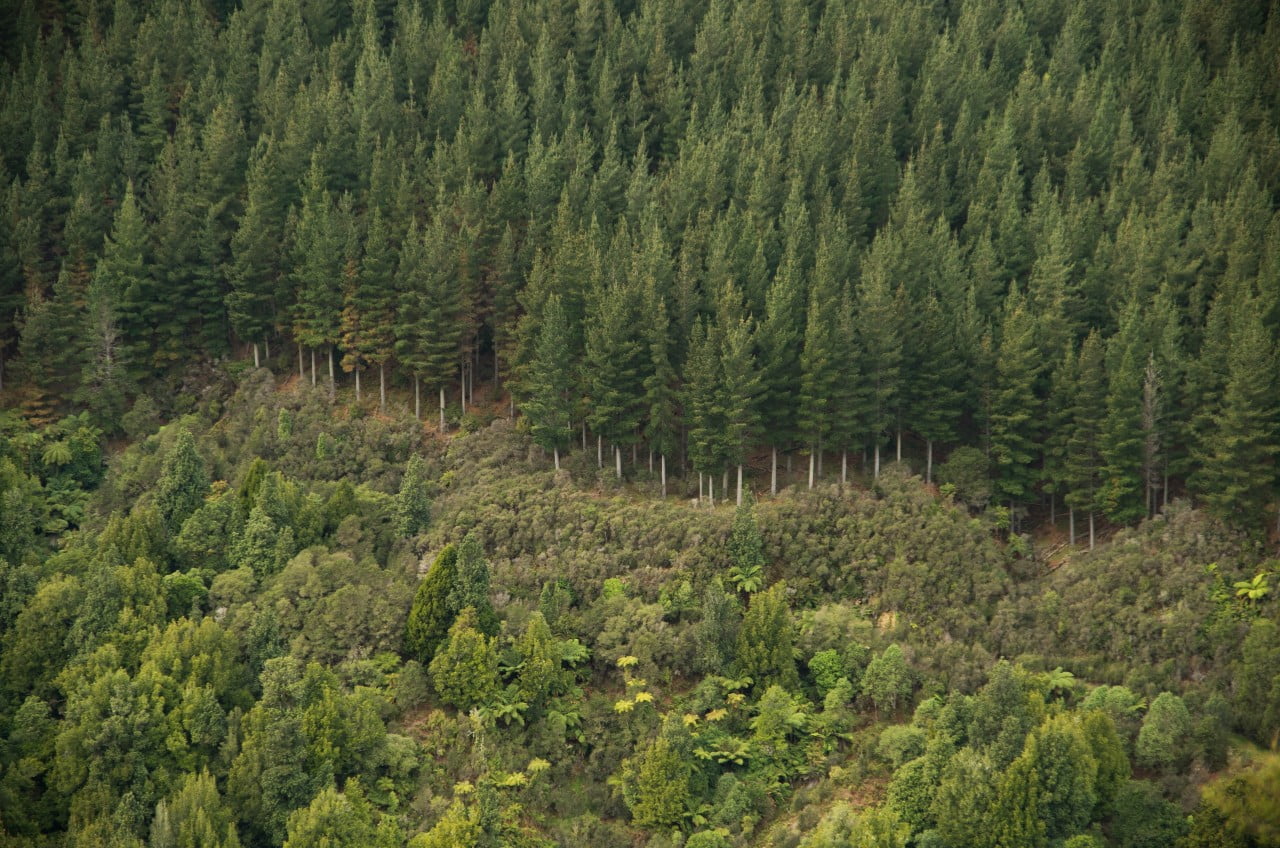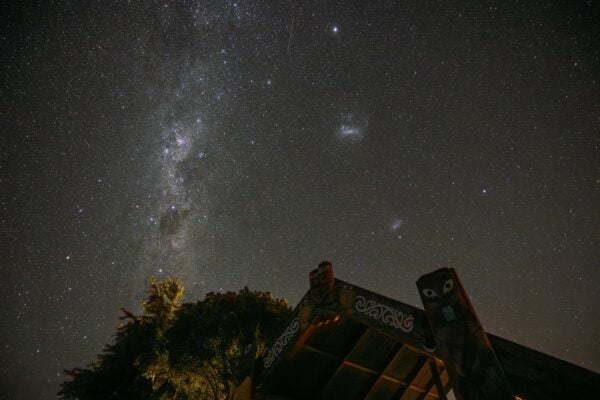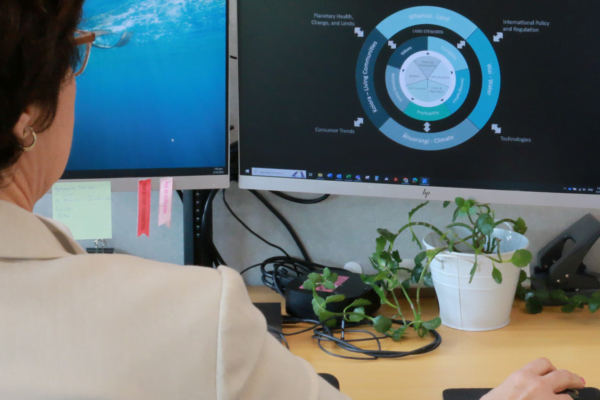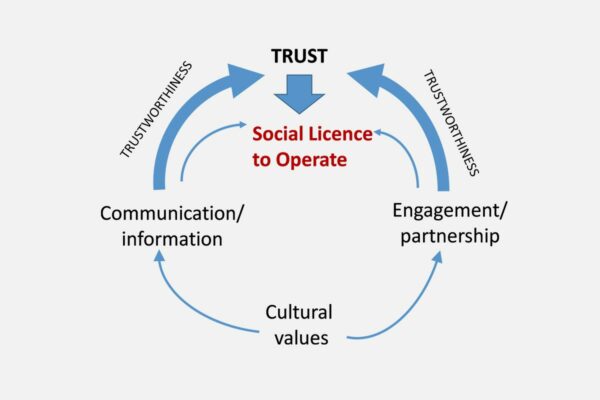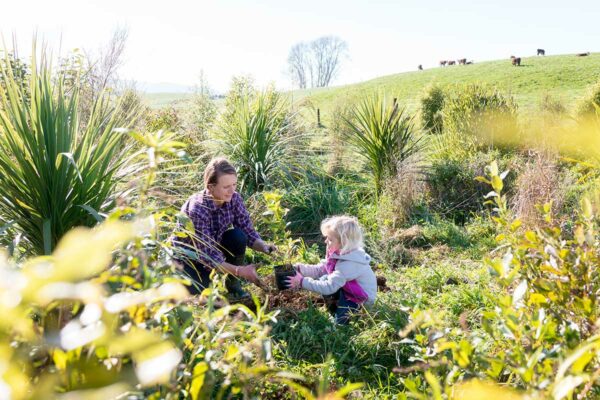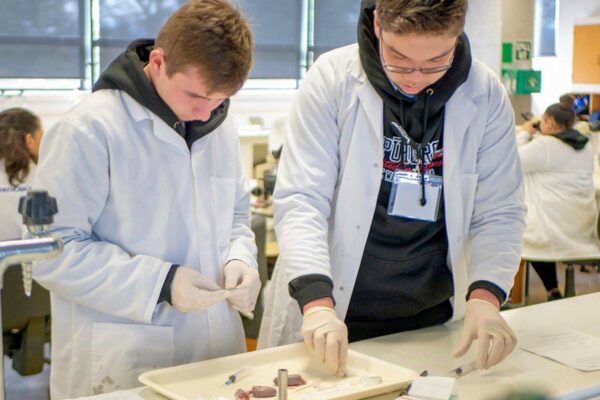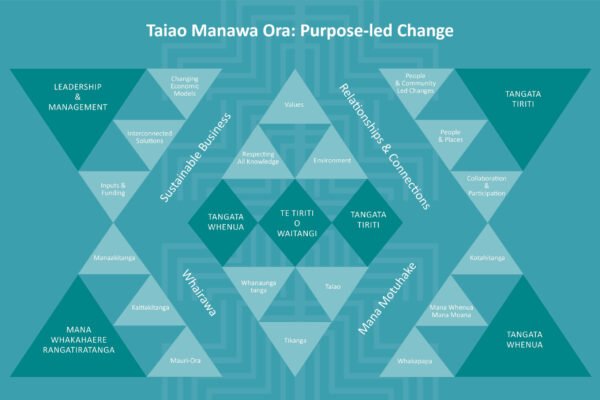Synthesis Scenarios for Future Land Use
Steering land use change to meet water quality targets, through the synthesis of Our Land and Water research
Project Details Ngā taipitopito
Collaborators Ngā haumi
Manaaki Whenua Landcare Research | Perrin Ag
What are we doing?E aha ana mātou?
Land stewards need evidence to support suggestions that changing their farming system will lead to improvements in local waterways that are in proportion to their investment in land-use change.
This project is undertaking scenario modelling to show how a water quality target can be met in three catchments by changing land use. These scenarios will not compromise profitability, increase greenhouse gas emissions, or result in other environmental impacts.
The three catchments are Waihao (Canterbury), Tukituki (Hawke’s Bay) and Rai Valley (Marlborough). These catchments have community-defined water quality objectives that are unlikely to be achieved through reasonable mitigation efforts alone. Water quality in these catchments is responding directly to current agricultural land use, and this is the dominant cause of poor water quality.
The scenarios will draw on research previously funded by Our Land and Water to identify land use opportunities and use catchment and attenuation modelling to assess achievable improvements in water.
How can the research be used? Ka pēhea e whai take ai te rangahau?
- This research aims to demonstrate that the mission of Our Land and Water – to improve water quality and maintain primary production – can be achieved through a synthesis of the type of research that Our Land and Water has supported.
- Researchers will create a method showing how to use existing tools and research to create useful future land-use scenarios in many catchments across New Zealand.
- The three case study catchments will gain an understanding of where mitigation can meet their water quality objectives, and where a land-use change decision will be required. The research team will develop business cases for potential land uses and their financial implications. A viable mosaic of land use within each catchment will be produced, with an assessment of the effects on water quality and greenhouse gas emissions of this new land-use scenario.
Participation & engagement Te hunga i whai wāhi mai
- Up to 50 farmers in each catchment have been contacted for information and are involved in the research.
- In the Tukituki catchment, Hawkes Bay Regional Council and electorate MPs have been consulted.
- In Rai Valley, Marlborough District Council have been engaged. Research to define a Shared Vision for Land Use in Marlborough, led by the Bragato Research Institute, is informing this case study.
- In Waihao catchment, Environment Canterbury and Te Rūnganga o Waihao (Ngāi Tahu) are involved.
 View Our Strategy Document 2019 – 2024
View Our Strategy Document 2019 – 2024



